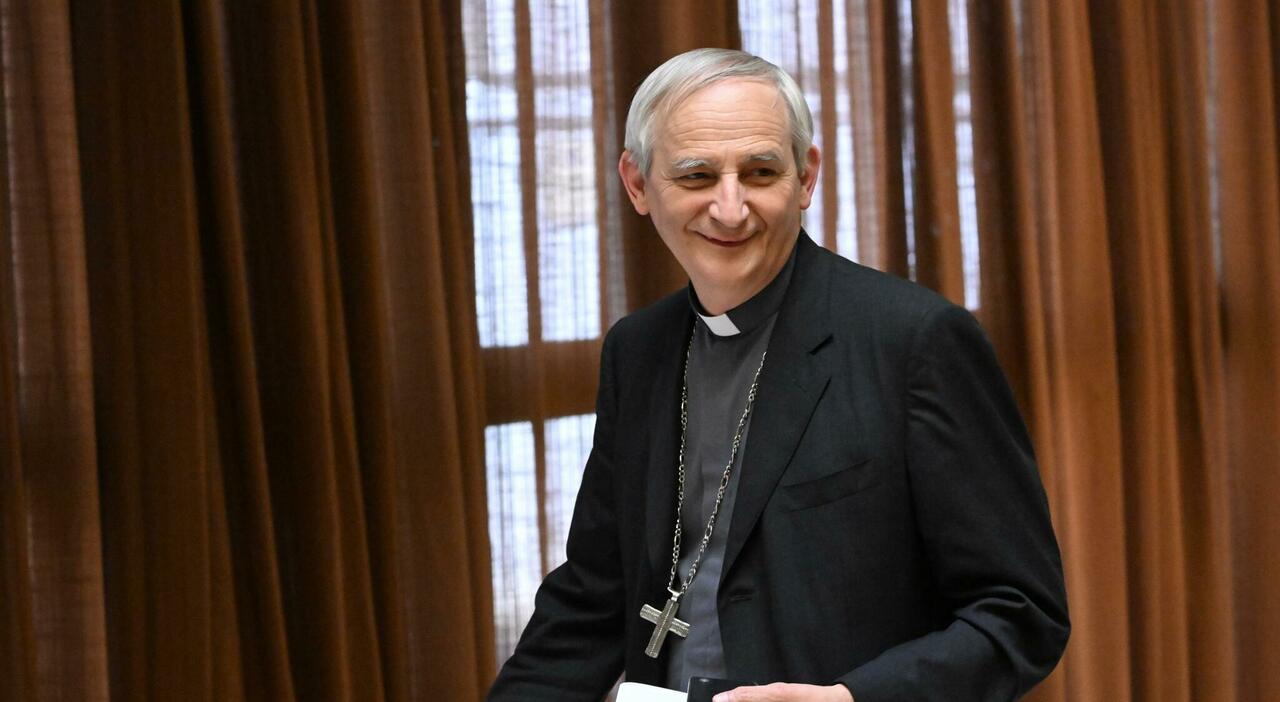On one hand, there is concern for the "sustainability of the national system" and for those depressed and crisis-ridden areas, progressively depopulated and with few services. On the other hand, the Italian bishops are worried about the winds of war blowing in Europe. "We cannot resign ourselves to an uncontrolled increase in weapons, nor to war as a way to peace. Italy - Europe, right? - repudiates war as a tool of offense to the freedom of other peoples and as a means of resolving international disputes". Cardinal Matteo Zuppi has pointed out to the Italian Episcopal Conference the most urgent challenges and the path to follow in this era marked by several critical issues.
Then, regarding the upcoming elections in Europe, the CEI advises Catholics on how to choose the next MEPs. To be favored are those who believe in the "European project of a united Europe in diversity, strong, democratic, free, peaceful, prosperous, and just (...) We are all called to carry it forward also by expressing our vote and responsibly choosing the deputies who will represent our values and work for the common good in the next European Parliament".
Looking at Italy, several questions are raised by the divisions in the country so much so that, in the introduction, the Archbishop of Bologna hopes that "an institutional framework that can promote unified development, according to the principles of solidarity, subsidiarity, and social cohesion never fails. On this front, our attention has been constant and will remain vigilant, in the awareness that "the country will not grow, if not together" as already mentioned in the past.
Another political point on which Zuppi focuses is end-of-life. In this case too, he recalls that for the Italian Church "palliative care, regulated by a good law but still disregarded, must be increased and made available to everyone without any discretion of approach on a regional basis, because they represent a concrete way to ensure dignity until the end as well as a high expression of love for one's neighbor. The full application of the law on advance treatment directives, moreover, is a further guarantee of dignity and alliance to protect the person in their suffering and frailty".
A rather explicit passage that makes it clear how little the decisions of Emilia Romagna, which introduced access to medically assisted suicide, as indicated by the ministerial note, in a totally free manner for the requesting patient, were appreciated. If the law of Veneto was quashed creating a split in the center-right, in Emilia the change has, in fact, occurred with the process provided by the Region: now it is foreseen the implementation of assisted suicide within 42 days from the application: then the request is sent to the Evaluation Commission; within 20 days the first medical visits are made, then after receiving the ethical opinion of the Corec (the Regional Committee for Ethics in Clinical Practice) and obtaining the green light, assisted suicide can be carried out within the subsequent 20 days.
This article is automatically translated
